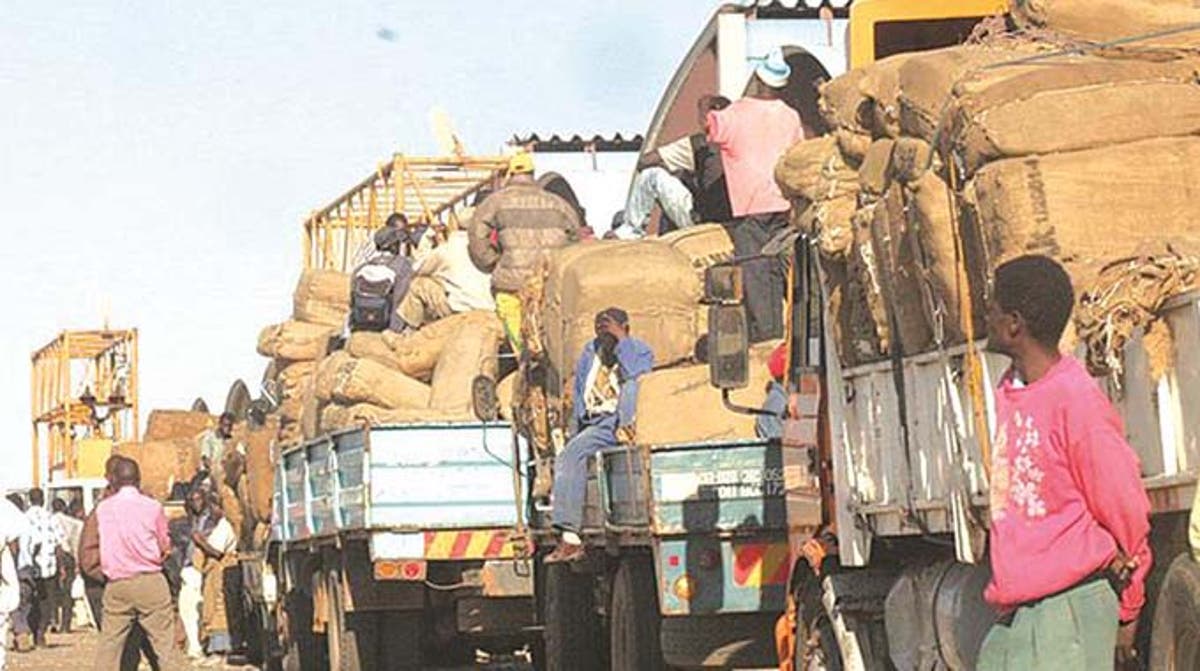Zim to push for climate change financing at COP28
Zimbabwe will use COP28 to continue to call for the need for new, additional, predictable, adequate and non-concessional climate finance from developed countries.
The funds are for climate change mitigation and adaptation in developing countries, Zimbabwe included.
COP28, which will be held from November 30 to December 12, 2023 in Dubai, refers to the 28th Conference of the Parties to the United Nations Framework Convention on Climate Change (UNFCCC).
The UNFCCC is an international treaty aimed at addressing global warming and reducing greenhouse gas emissions.
The stance by Zimbabwe comes as climate finance remains a critical issue under the COP28 negotiations with main discussions centred on developed countries meeting the US$100 billion goal, set at COP15 but still elusive and yet to be realised.
Worse off at a time there is realisation that the US$100 billion goal is not even inadequate.
In its COP28 Roadmap for Zimbabwe User Manual, the Ministry of Environment, Climate and Wildlife said COP28 will be “addressing the major deficit in climate finance from developed countries and making substantial progress in negotiating the new climate finance goal to be agreed upon in 2024”.
“As Zimbabwe positions to access international climate finance, COP28 should deliver a decision that should see the developed countries expediting the provision of US$100 billion per year and to honour their Glasgow/COP27 commitment to double their adaptation finance to developing countries,” reads part of the User Manual.
Zimbabwe will also prioritise funding for loss and damage, which was agreed at COP27, as an urgent action.
The inclusion of loss and damage in the Zimbabwe carbon trading share of proceeds makes it inviting, unique and quite in sync with discussions at a global level on the need to urgently operationalise the Loss and Damage Fund agreed upon at COP28.
“Zimbabwe places it highly and expects action at COP28. COP28 should deliver a decision that should see the developed countries expediting the provision of US$100 billion per year and to honour their Glasgow/COP27 commitment to double their adaptation finance to developing countries,” reads the COP28 Roadmap for Zimbabwe User Manual in part.
The southern African country is also expected to prioritise enhancing carbon trade through compliance and the voluntary markets be a mechanism to unlock finance.
“The Carbon Credit Framework and the Statutory Instrument on Carbon Trading that are in place will further equip Zimbabwe in Article 6 negotiations, especially on the country’s needs to strengthen further the implementation of carbon trading,” reads the COP28 Roadmap for Zimbabwe User Manual in part.
Article 6 of the Paris Agreement allows parties to co-operate using voluntary market-based and non-market-based approaches in order to implement their NDCs.
Mitigation aimed at reducing emissions towards 1.5 degrees by 2030, remains a key priority for Zimbabwe taking into account different national circumstances.
“There is a need to get to work in resolving the many climate challenges and time is of essence, if we are to meet the 1.5 degrees target by 2030.”
Climate change adaptation is also key to Zimbabwe to protect, preserve, conserve and as several of her economic sectors are negatively affected by climate change.
The need to improve national resilience to climate impacts drives the country to push for serious consideration of this agenda item, paying particular attention on addressing adaptation financing gaps as identified in the National Adaptation Plans.
At COP28 Zimbabwe will remain committed to a multilateral approach to the climate change agenda and urges the full implementation of the Convention and its Kyoto Protocol and Paris Agreement.
“Our priority is to get a fair share from the opportunities of the Global Goal on Adaptation (GGA) and the financing that will be availed for transitioning to a low carbon global economy.
“Zimbabwe, will continue to table our expectations in line with other African countries, recalling that our issues of climate adaption still remain a planning ambition not supported by means of implementation, with the same applying to mitigation actions under the Nationally Determined Contributions (NDCs) and the Low Emission Development Strategy,” reads the COP28 Roadmap for Zimbabwe User Manual in part.-ebusinessweekly









